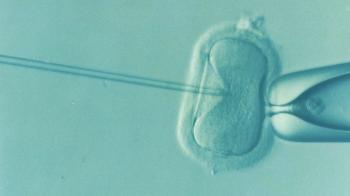Lover and Breakup Heartbreak Syndrome, Women Are Common, but Mortality Is Twice as High as Men
May 16, 2025
|
The medical jargon is 'Takotsubo cardiomyopathy'.
It is a physical symptom that occurs when faced with situations such as extreme stress and emotional upheaval, mainly complaining of chest pain, shortness of breath, and nausea.
Among them, a study found that men suffering from heartbreak syndrome have about twice as much mortality as women.
Researchers from the University of Arizona in the United States, who published the study in the Journal of the American Heart Association, surveyed about 200,000 patients over the age of 18 from 2016 to 2020.
As a result, 83% of the patients were female. However, the mortality rate for men from the disease was 11.2%, and that for women was 5.5%.
In other words, it was analyzed that women have a high risk of developing heartbreak syndrome, while men have a higher fatality level.
The researchers explained that "people who died from heartbreak syndrome are likely to have suffered complications such as irregular heartbeats, cardiac arrest, congestive heart failure, and stroke.' In addition, "If stress triggers are not resolved, they can eventually harm heart health."
On this study "Men are less sensitive than women, so they may be at greater risk of dying or having a bad outcome."People with underlying heart health problems, such as high blood pressure or high cholesterol, are more vulnerable to heartbreak syndrome."
Meanwhile, there is currently no clear treatment or drug for heartbreak syndrome.
However, lowering stress levels through exercise or social activities and sufficient sleep can help. In addition, it is necessary to pay attention to heart health, such as maintaining a healthy diet and proper weight.
This article was translated by Naver AI translator.














